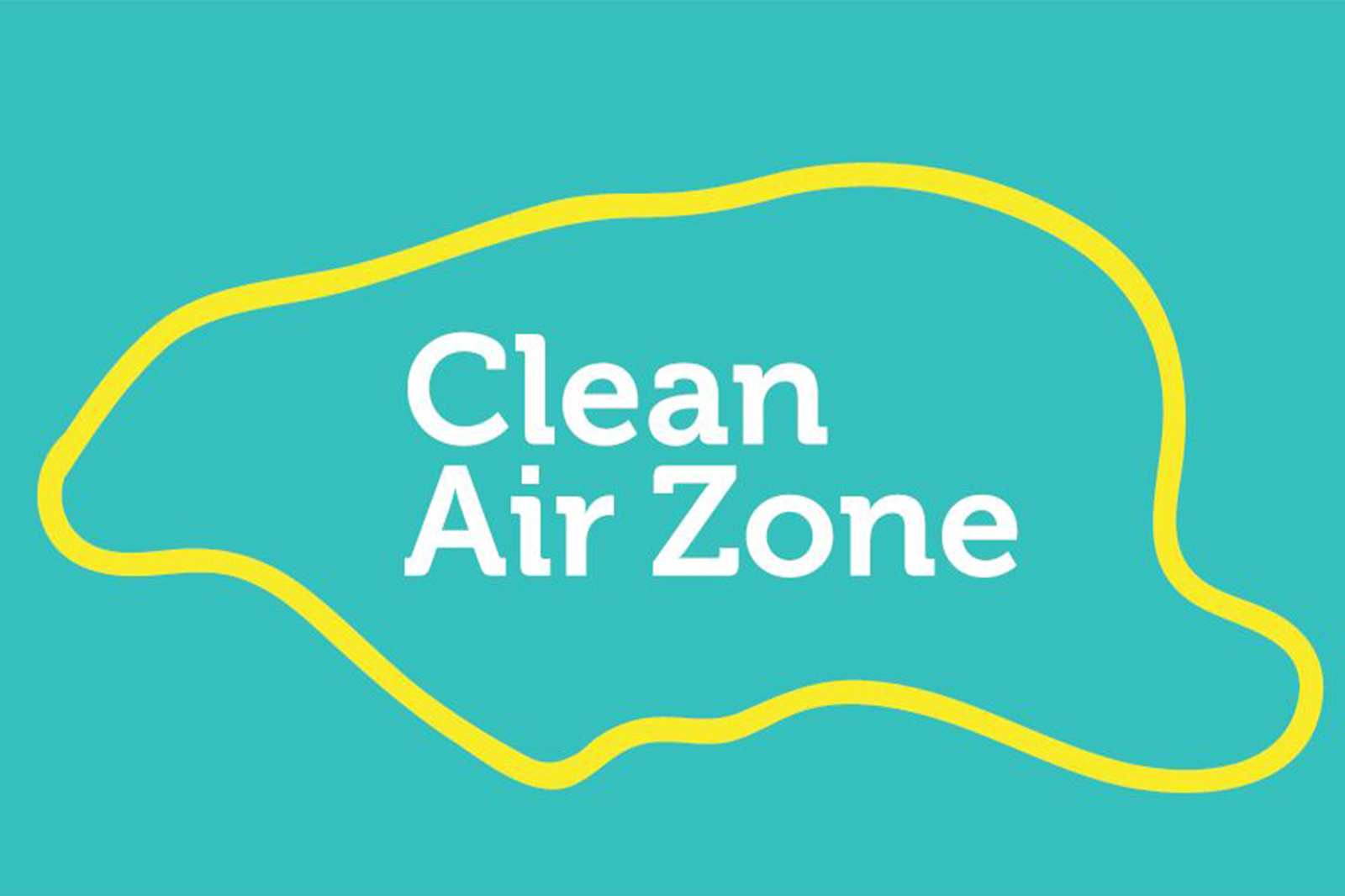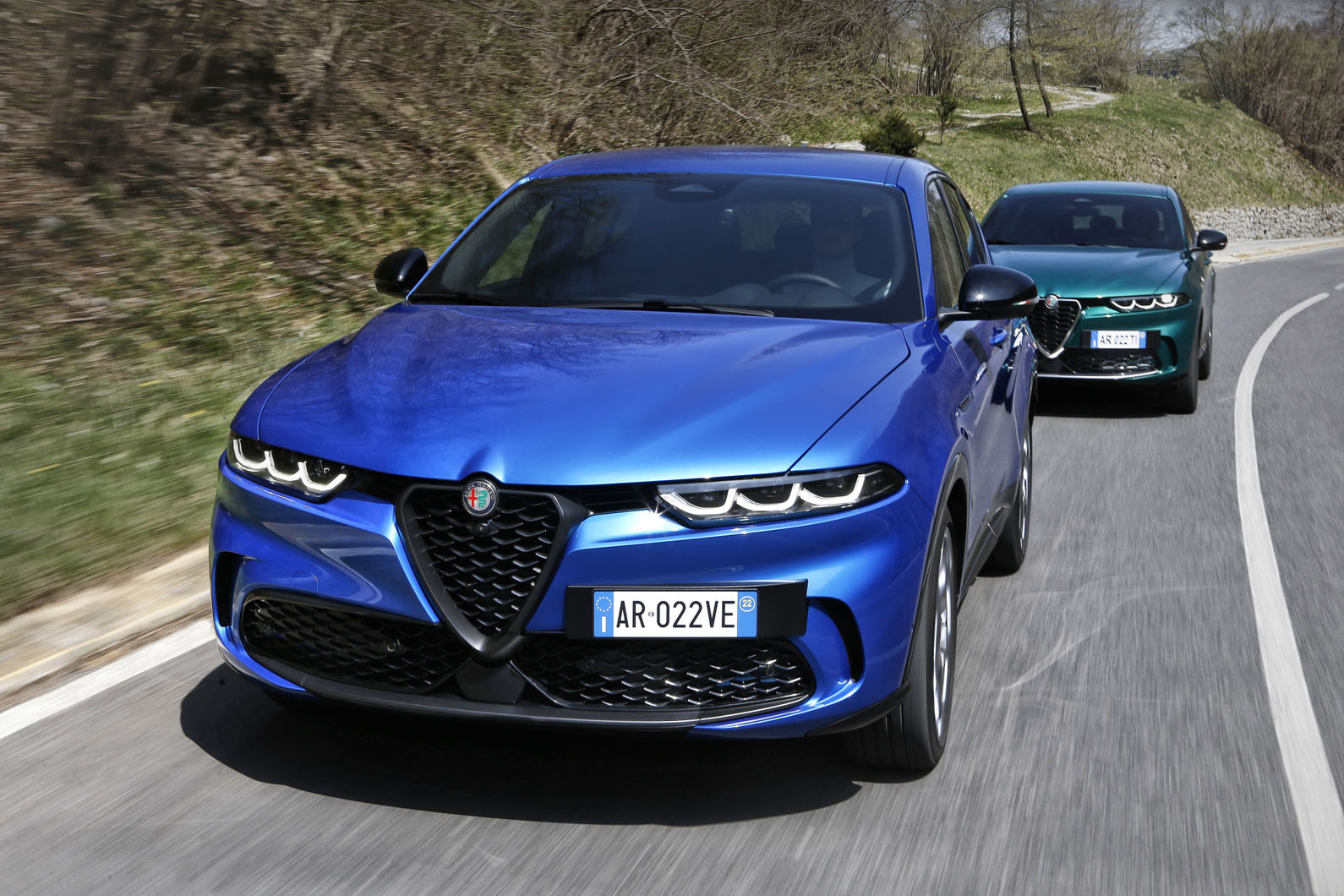Clean Air Zones: all you need to know

[ad_1]
Read more: The electric cars with the best real-world range
Is my car exempt from the ULEZ and other clean air zones?
Since the goal of CAZs is to reduce emissions and improve air quality, zero-emissions vehicles have nothing to fear. However, drivers of vehicles that do emit pollutants may be liable for charges. Two factors determine whether you will face a charge and at what level: how many emissions your vehicle produces and what type is it, since, depending on the CAZ class, certain types of vehicles are exempt.
The general rule is that to travel within a CAZ without a charge, your vehicle has to be at least a Euro 4 emission standard compliant petrol model – in other words, registered after January 2006 – or, if it is a diesel, compliant with Euro 6 standards (registered after September 2015). If your vehicle meets these standards, in all probability you will not have to pay a charge.
However, even if your vehicle does fall outside of Euro 4 or 6, you may still be able to avoid a charge, depending on what kind of vehicle it is and the type of CAZ that you wish to drive through. Four types of CAZ exist, each of which targets different classes of vehicles. These are:
Class A, which targets buses, coaches, taxis and private hire vehicles (PHVs).
Class B, which targets buses, coaches, taxis, PHVs and heavy goods vehicles (HGVs),
Class C, which targets buses, coaches, taxis, PHVs, HGVs and light goods vehicles (LGVs),
Class D, which targets buses, coaches, taxis, PHVs, HGVs LGVs and cars.
Most of the CAZs that are scheduled to be introduced in the UK are Class D. But cities such as Bath and Portsmouth will be Class C only, so in these cities, regular passenger vehicle drivers will not have to pay.
Read more: Best family electric cars
Are disabled people exempt from clean air zone charges?
Currently exemptions for drivers with disabilities are set at a national level. That means that disabled passenger tax class vehicles and disabled tax class vehicles are exempt from all zones. However, discounts and exemptions for Blue Badge holders can vary from area to area. Either way, you’ll need to apply for exemption well in advance of entering the clean air zone to allow your paperwork to be processed, else you’ll have to pay in the usual way or face a fine.
Source link



